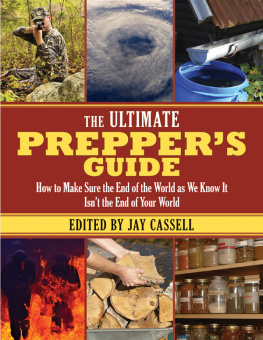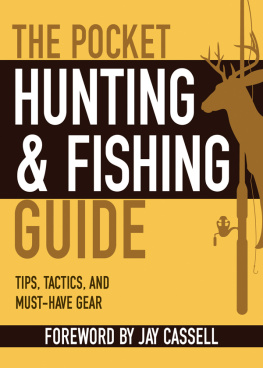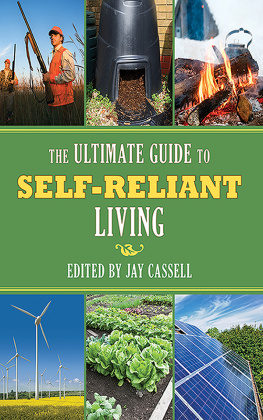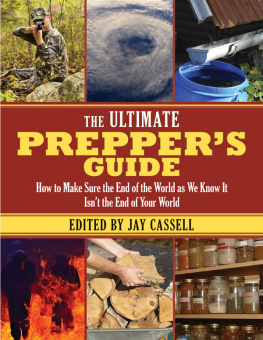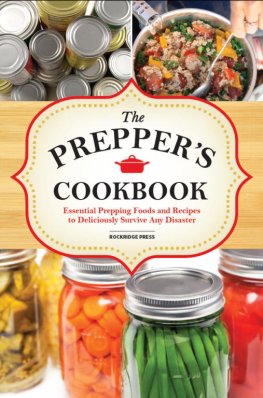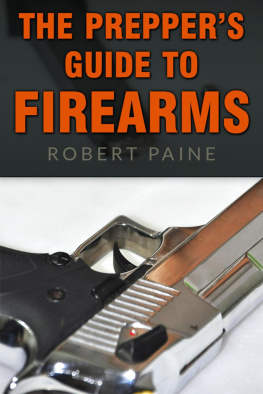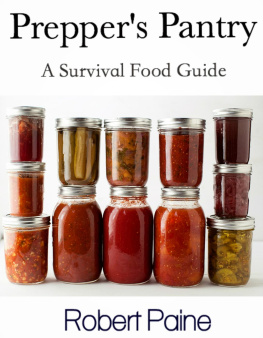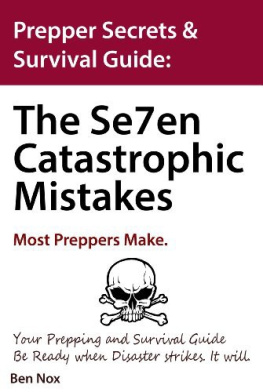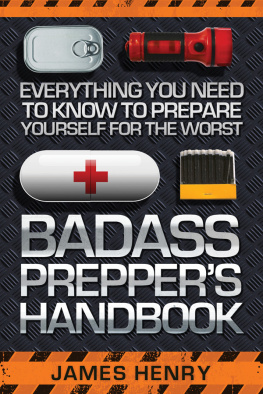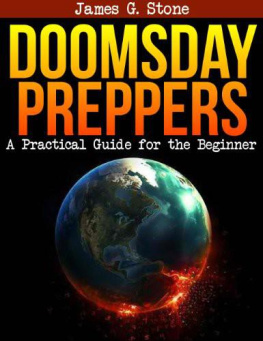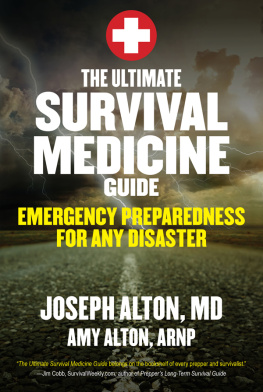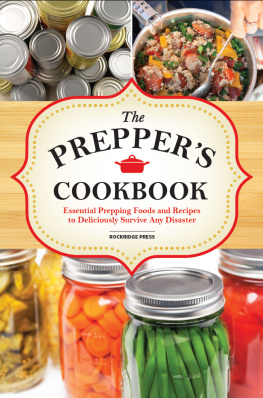Copyright 2014 Skyhorse Publishing
All rights reserved. No part of this book may be reproduced in any manner without the express written consent of the publisher, except in the case of brief excerpts in critical reviews or articles. All inquiries should be addressed to Skyhorse Publishing, 307 West 36th Street, 11th Floor, New York, NY 10018.
Skyhorse Publishing books may be purchased in bulk at special discounts for sales promotion, corporate gifts, fund-raising, or educational purposes. Special editions can also be created to specifications. For details, contact the Special Sales Department, Skyhorse Publishing, 307 West 36th Street, 11th Floor, New York, NY 10018 or info@skyhorsepublishing.com.
Skyhorse and Skyhorse Publishing are registered trademarks of Skyhorse Publishing, Inc., a Delaware corporation.
Visit our website at www.skyhorsepublishing.com.
10 9 8 7 6 5 4 3 2 1
Library of Congress Cataloging-in-Publication Data is available on file.
ISBN: 978-1-62873-705-9
eISBN: 978-1-62914-130-5
Printed in the United States of America
Table of Contents
Introduction
JAY CASSELL
T he well-known Scout Motto is Be Prepared. But what is it to prepare in this day and age? It is not about being paranoid that everyone is out to get you. Instead, it is understanding that even in a country where we might take our safety and comfort for granted, things can and will go wrong. Both history and current events show us that catastrophe and upheaval can occur anywhere and to anyone. Whether its an unavoidable natural disaster, an unfortunate accident, or a planned attack, it pays to take steps to ensure the safety of your family. Spending just a little extra time and effort to think about what to do when the unthinkable happens can mean the difference between serious injury or even death, and escaping unharmed.
Preparation also means having the knowledge of how to survive when you are cut off from all the resources that we may take for granted. When the worst happens, and our normal lives are swept away, being prepared means being able to fend for yourself in even the harshest of environments. Before modern conveniences, humans spent centuries living off the land with few resources, finding water, food and shelter with little more than their hands and intelligence. These skills are still applicable today in helping people become more self-reliant and therefore more able to deal with any kind of disruption to their normal lifestyle.
Most people have experienced some kind of emergency, even if its just a power outage during a storm. Usually these disturbances are fixed within a couple of days. But what if something more serious happened that meant being without electricity or, even worse, running water for an extended period of time? What if you find yourself stranded or lost far from civilization? Or what if civilization as you know it is somehow upset? Many of us might not have good answers for these questions, which is where this resource comes in.
This book is a collection of tested knowledge from seasoned preppers and survival experts. It contains general and specific information, advice, projects, and know-how, not just on how to prepare for emergencies and disasters, but on how to live a more self-sufficient life. It is for anyone who understands that knowledge is the best weapon against the unforeseen and that a little preparation and planning can go a long way.
PART 1
Be Prepared
Whether its reinforcing your home against intruders, or simply making sure you have a well-stocked pantry and a first aid kit, being prepared can mean different things to different people. In all cases, though, knowing where to start is the most important, and often most difficult, step. Thinking ahead about your own situation and what kind of emergencies are most likely in your case can help you determine how to prepare yourself, your home, and your family. This section introduces many of the basic prepper questions. To get started, determine what necessities you already may have and what you need to improve upon.
If something happens, do you have all the tools you might need? Does your family have a clear emergency plan that it can follow? Do you understand basic first aid? How much food and water does your family need and how do you store it properly? Do you know how to defend yourself or your home from intruders? By asking yourself these kinds of questions, you will gain a sense of where to start and how to get ready for different survival situations.
Where to Start

Getting into the Preppers Mindset
Getting Your Priorities Straight from the Beginning
O ne thing that all good preppers have in common is that they have their priorities straight. They have all come to a point in their lives that has enabled them to make a real commitment to prepping. Its one thing to say that you would like to start prepping, but its something entirely different to actually make a serious commitment to start and stick with it.
If you really want to be a prepper, you need to make a commitment to prepping. If youre on a budget, this will likely mean that youll have to make some personal sacrifices. Youll need to take a close look at how you spend your money and find ways to free up money to buy prepping supplies.
Now, before you say that theres just no money in your budget to start prepping, you really should challenge yourself to take a good, close look at your budget and do an honest evaluation. You may need to be brutally honest with yourself and ask some tough questions.

For example, if you think that its impossible to start your day without stopping by your favorite coffee shop for a grande low-fat latte with a double shot of espresso, youre probably not being honest with yourself.
These are the types of things that people can cut out of their budget to free up money that can be spent on prepping. Lets take a closer look at this example. If you spend $3 a day for your gourmet coffee, thats $1,080 that youre spending each year just to feed your morning coffee habit. This doesnt even include how much you spend in gas to make a special trip to the coffee shop every day!
Drinking gourmet coffee may not be your particular vice, but if you take a good look at your budget, youll probably find something that can be eliminatedor at the very least, cut back on. Maybe youll have to cancel your $100/month satellite TV subscription. That would free up $1,200 a year that you could spend on prepping supplies. Maybe you can trade in your huge four-wheel drive Suburban for a gas-saving economy car. You could then use the money that you save on gas for prepping.

The point is that most people arent really being honest with themselves when they say that there just isnt any room in the budget to start prepping. In most cases, with a little creative thinking, you can find some money to allocate to the prepping portion of your budget. It often really just depends on how badly you actually want to start prepping.

